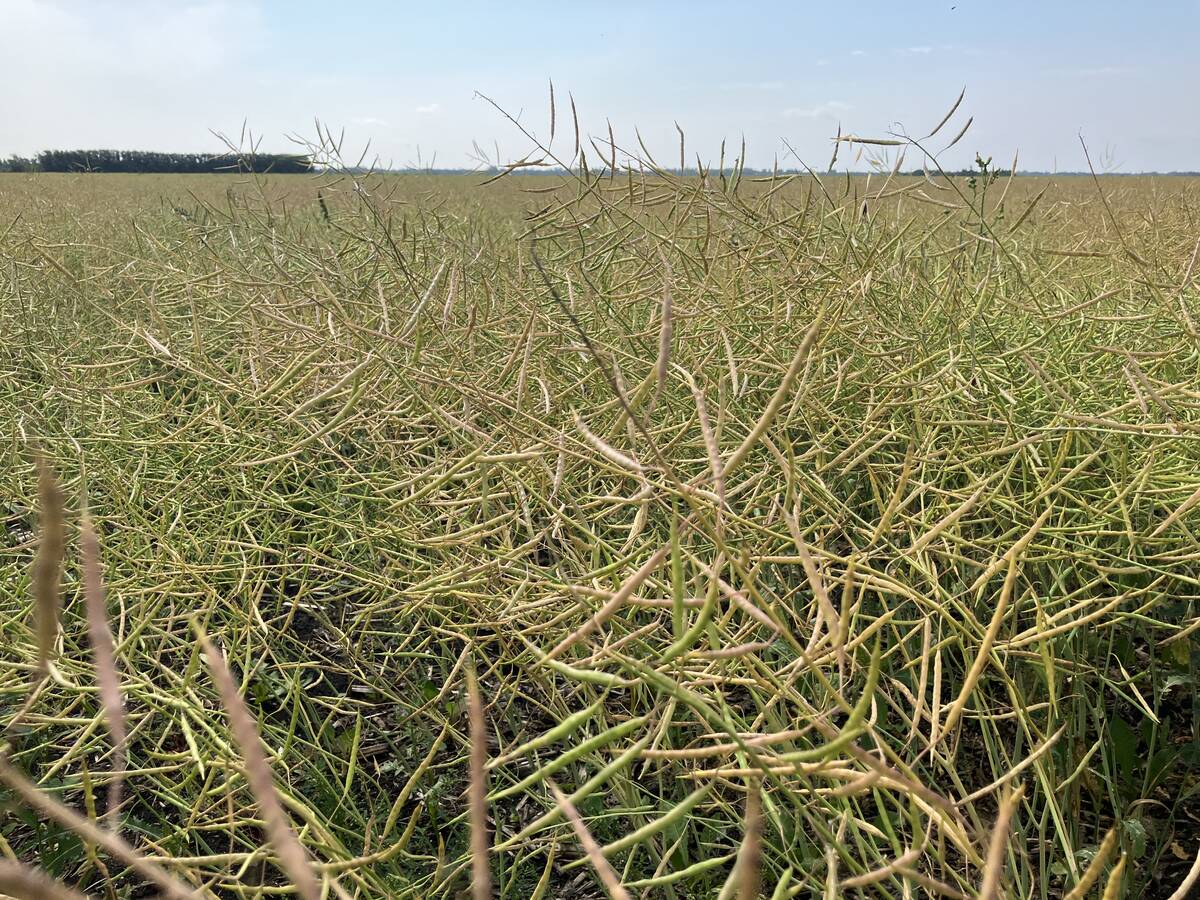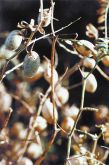DENHOLM, Sask. – They might seem dull and boring, but conventional canola approaches can be as fruitful as the sexy new transgenics on the crop catwalk, says a chemical company representative.
“For a lot of years farmers have grown big crops with conventional methods,” said BASF field biologist Trevor Mandziak during a recent crop plot tour here.
“(Herbicide-resistant varieties) have their place in the market, but I can’t see these systems taking over the market completely.”
Recently a New York City financial analyst said he expects Roundup Ready soybeans to take over 70 percent of the United States market, which bodes well for other transgenic crops.
Read Also

South American soybeans will have less impact on canola
South American production will, as usual, affect the global oilseed market, but Canadian canola is on the outside looking in until it can get China back or find alternative buyers.
Mandziak admitted herbicide-resistant varieties of canola are the rage this year, but tried and true chemicals and varieties can produce good results.
On the tour he showed a patch of Quantum canola treated with Poast Ultra and Muster and compared it to plots of Roundup Ready, Liberty Link and Pursuit Smart canola.
The results of the plots, according to Mandziak, show the Poast plot turned out as well as the Roundup-ready crop, and at least as well and maybe better than the others.
Mandziak said this proves to him that companies like BASF, which produces Poast, will be able to survive and fight back against the herbicide-resistant seed system.
“We’re being realistic,” he said. “They will take market share, but you just have to defend your market.”
BASF is trying to register Poast for a tank mix with Liberty, a chemical Mandziak claims needs bolstering.
While transgenic canolas have excited producers this year, Mandziak said conventional approaches provided by chemicals from companies like his might come back into vogue if the herbicide-resistant varieties fail or cause problems.
He said one transgenic system failed this year in the Peace River country, and others have inherent problems that will come to the fore once producers have more experience with the new crops.
Producers relying on Roundup to kill perennial weeds might have a nasty surprise in future years, he suggested.
“I get the sense some people think that these new herbicide-tolerant varieties are the cure-all for all their problems, that they can go into their worst fields and expect a good crop,” Mandziak.
“You can’t expect that much from some of these chemicals.”
Some of the transgenics also create herbicide rotation problems, since tying seed to herbicide reduces options in the next year, he said.















